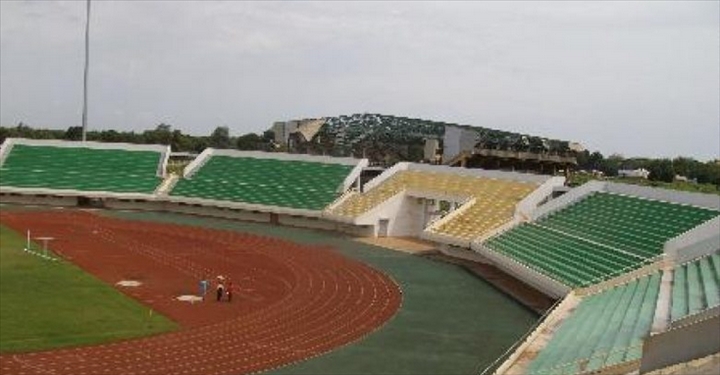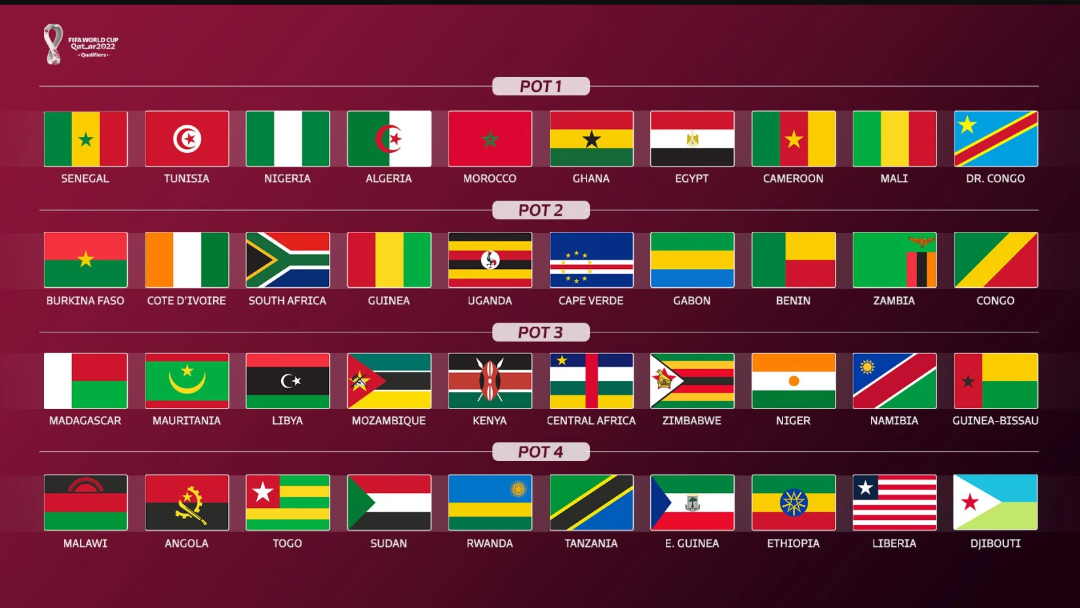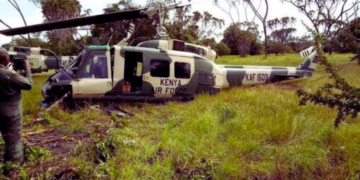The Super Eagles of Nigeria will face Group B opponents Central African Republic at a neutral venue in Douala after the Confederation of African Football (CAF) forced them to choose a neutral venue following a lack of suitable playing venue in Bangui.
Douala, Cameron’s largest city, boasts of the 50,000-capacity newly constructed Japoma stadium and the 30,000-seater Stade de la Reunification so it is not immediately clear which of the two facilities will be used for the Central African Republic versus Nigeria game.
The CAR are among eight other African nations barred from hosting World Cup ties because they failed CAF venue inspections.
The country’s main stadium is the Stade Barthélemy Boganda opened in 2006 with a maximum capacity of 50,000 and named after the former president of the country, Barthélemy Boganda, but it has fallen to disrepair as a result of lack of proper care.

Other nations who must use a neutral ground for a home fixture between September 1-8 are Burkina Faso, Mali, Djibouti, Guinea-Bissau, Malawi, Namibia and Niger.
All the countries whose stadium facilities and or playing surfaces were considered not up to international standards were allowed to nominate alternate venues.
Burkina Faso, Niger (both Marrakech), Djibouti (Rabat) and Mali (Agadir) opted for Morocco and Malawi and Namibia (both Soweto) selected South Africa.
The Central African Republic (Douala) picked Cameroon and Guinea-Bissau (Nouakchott) decided on Mauritania.
All the countries chose venues relatively close geographically, except Djibouti as Djibouti City is about 5,600 kilometres (3,480 miles) southeast of Rabat if flying directly between the capital cities.
Poor stadium maintenance is a major problem in Africa and South African Patrice Motsepe warned offenders soon after being elected CAF president this year to rectify the situation or face the consequences.
The bans were confirmed when FIFA released the fixtures for the first two rounds of a group programme that also involves double matchdays in October and November.
All 40 teams bidding for five places at the 2022 finals in Qatar will play two fixtures — one home and one away — during September.
With only the 10 section winners advancing to the final elimination phase next March, the potential loss of home advantage for three matches could be crucial.

















